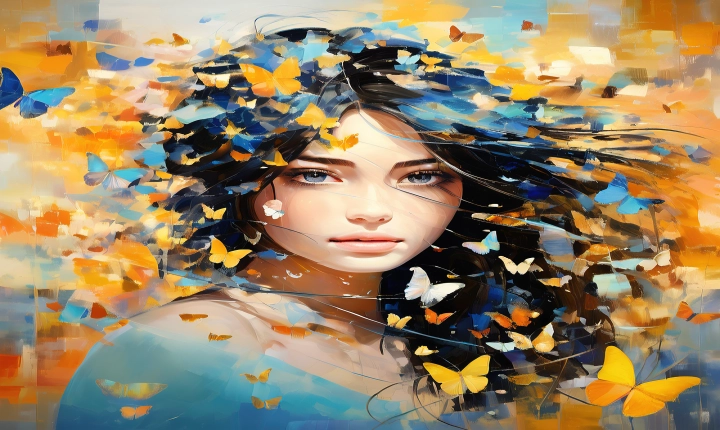Artificial intelligence has permeated almost every aspect of our lives, from digital assistants to financial services to medical diagnosis. Now, it has even found its way into the creative world of novel writing. Novelists are increasingly exploring the potential of AI to assist or enhance their writing process, and the results are both fascinating and controversial.
One of the most common ways that novelists are using AI is through the use of natural language processing (NLP) tools. These tools can help writers generate ideas, improve their writing style, and even suggest plot points or character development. For example, some AI platforms can analyze a writer’s existing work and provide feedback on elements such as word choice, sentence structure, and even the emotional tone of the writing.
Another way that novelists are using AI is through the creation of entire novels or short stories. With the help of AI algorithms, writers can input prompts or ideas, and the AI can then generate a story based on those inputs. Some novelists as well as creative writing enthusiasts are exploring the intersection of AI and storytelling as a way to explore new narrative possibilities and push the boundaries of traditional storytelling techniques.
While the use of AI in novel writing has captured the imagination of many writers and readers, it has also sparked debates and concerns. Critics argue that the use of AI in creative writing undermines the human experience and the art of storytelling. They worry that AI-generated novels may lack the depth, emotional resonance, and originality that are characteristic of human-authored works.
However, proponents of AI in novel writing argue that it can serve as a valuable tool for writers, helping them to overcome writer’s block and develop new ideas. They also point out that AI-generated writing can have its own unique appeal, offering a fresh perspective on storytelling and creativity.
Ultimately, the use of AI in novel writing raises important questions about the nature of creativity, authorship, and the future of storytelling. As AI technology continues to advance, it’s likely that novelists and readers will increasingly encounter AI-generated writing in various forms. Whether this represents a threat to the traditional craft of writing or an exciting new frontier of creativity remains to be seen. Regardless, the intersection of AI and novel writing is a topic that will continue to evolve and provoke discussion in the literary world.
